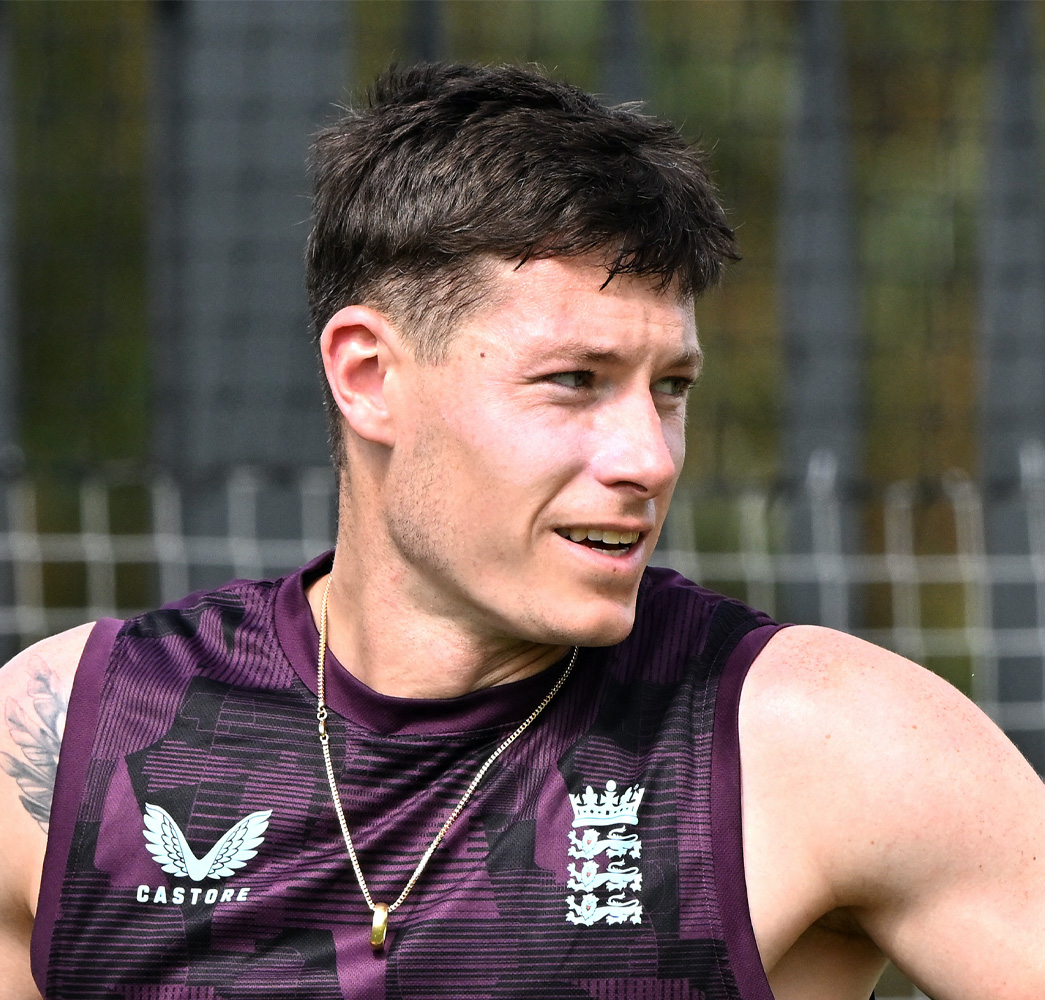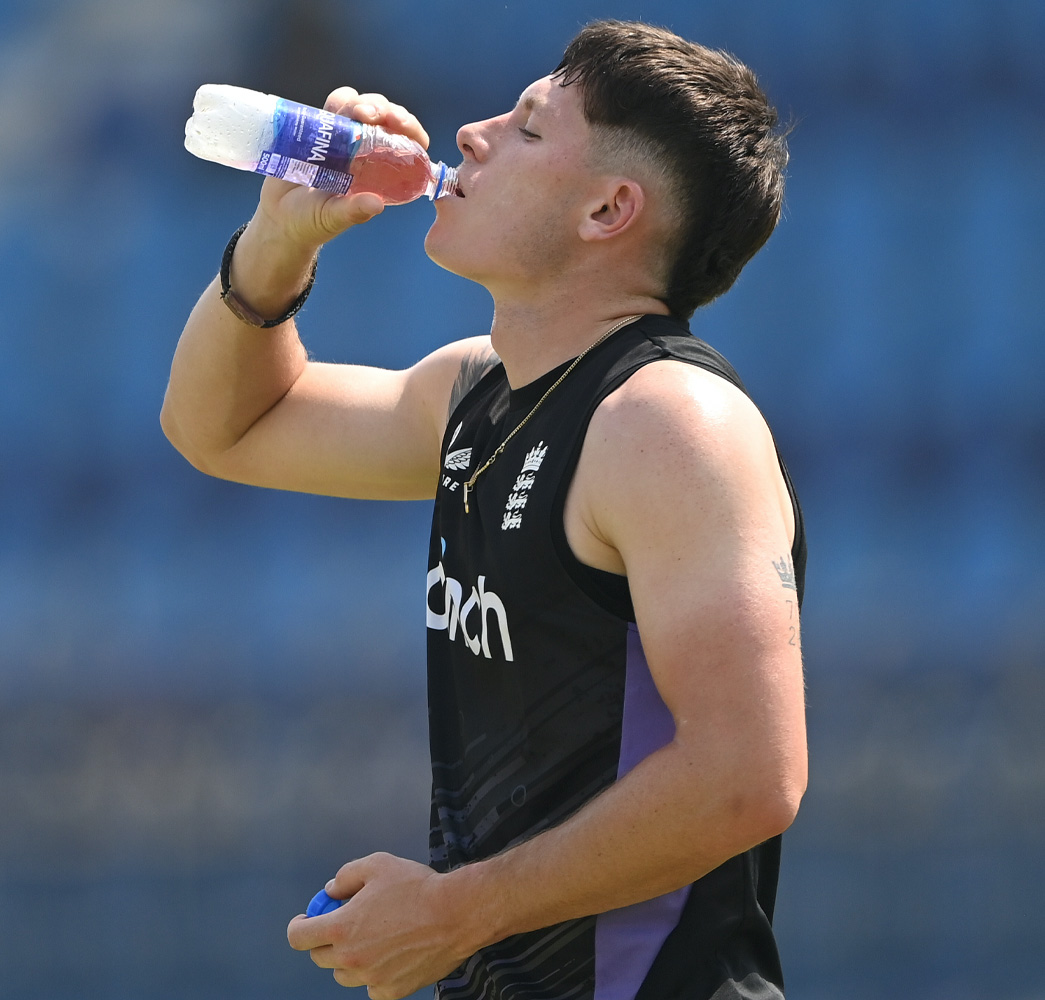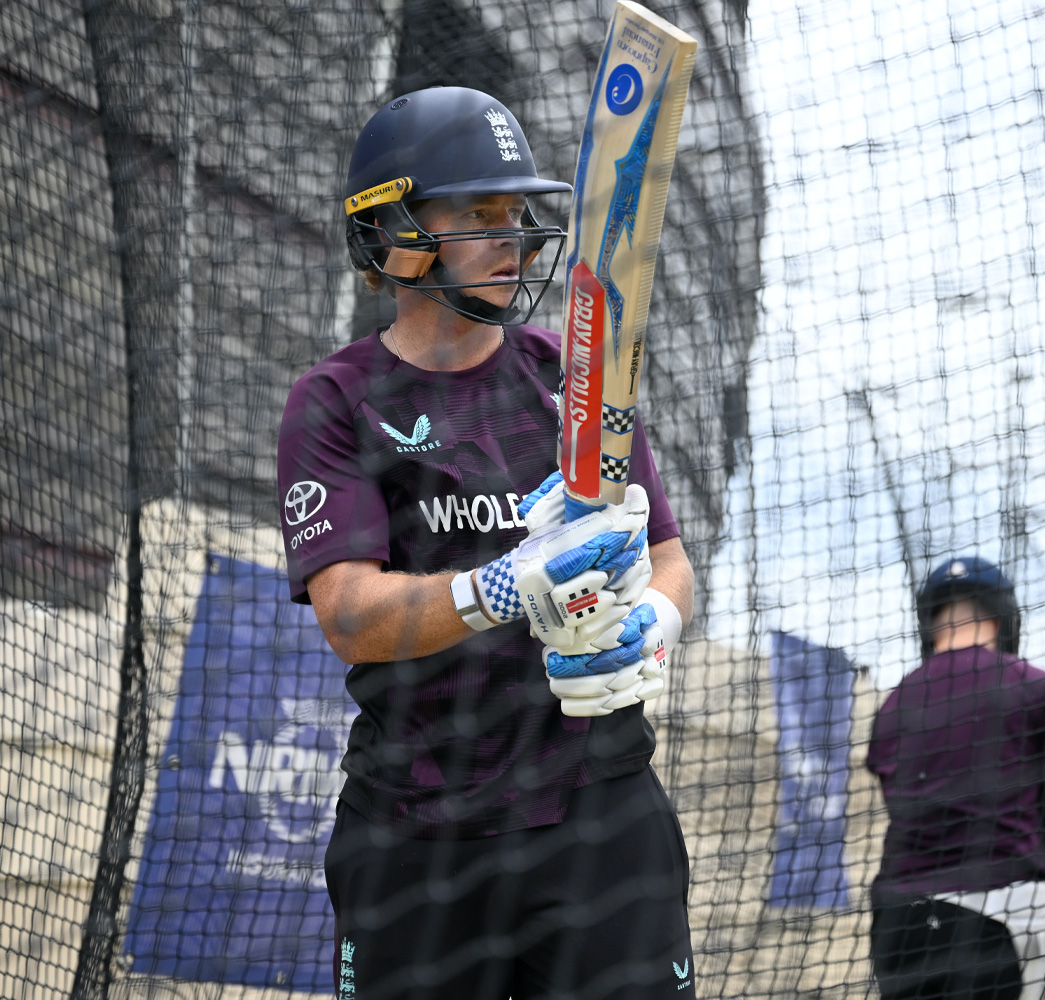Elite sports stars need to rely on more than just their natural talents and rigorous training to perform at their absolute maximum. It’s vital that they look after their body, by considering what food fuels it and what the impact of different foods could be.
If you were to ask a sports nutritionist for some tips on how best to live a healthy lifestyle, like that of a top tier sportsperson, these are the key areas they would focus on:
Balanced Diet:
Focus on consuming a balanced diet that includes a variety of nutrient-dense foods. Include lean proteins, whole grains, fruits, vegetables, and healthy fats in your meals.
Hydration:
Stay properly hydrated by drinking adequate amounts of water throughout the day. Hydration is crucial for overall health, energy levels, and athletic performance.
Nutrient Timing:
Pay attention to the timing of your meals and snacks, especially around exercise. Fuel your body with a combination of carbohydrates and protein before and after workouts to optimise performance and recovery.
Macronutrient Ratios:
Understand the importance of macronutrients in your diet. Adjust your macronutrient ratios based on your specific goals and activity levels. For example, athletes may require higher carbohydrate intake for energy, while those aiming for weight loss may benefit from a higher protein intake.
Portion Control:
Practice portion control to avoid overeating and maintain a healthy weight. Be mindful of portion sizes and listen to your body's hunger and fullness cues.
Mindful Eating:
Slow down and pay attention to your eating habits. Practise mindful eating by savouring each bite, eating without distractions, and tuning into your body's hunger and satisfaction signals.
Adequate Protein Intake:
Ensure you're consuming enough protein to support muscle recovery and growth. Include lean sources of protein such as chicken, fish, beans, lentils, tofu, and Greek yoghurt in your diet.
Nutrient Supplementation:
While a balanced diet should be the primary source of nutrients, certain individuals may benefit from targeted nutrient supplementation. Consult with a registered sports nutritionist or healthcare professional to determine if any specific supplements are necessary for your needs.
Individualisation:
Remember that everyone is unique, and nutrition requirements can vary based on factors such as age, sex, activity level, and specific goals. Seek personalised guidance from a sports nutritionist to tailor your nutrition plan to your individual needs.
Consistency and Sustainability:
Emphasise consistency in your healthy eating habits rather than relying on fad diets or extreme measures. Aim for long-term sustainability by making gradual, realistic changes that you can maintain over time.
It's important to note that these points provide general advice, and individualised guidance from a registered sports nutritionist is recommended to develop a comprehensive nutrition plan tailored to your specific needs and goals.















.png)







